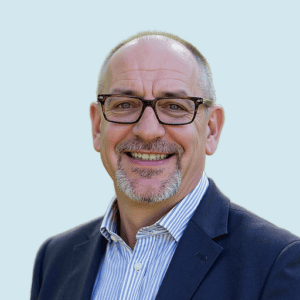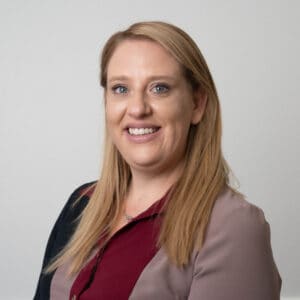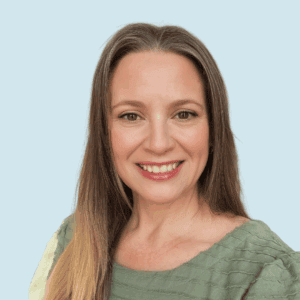Dallas Addiction Center
5217 Village Creek Dr., Plano, TX 75093-4416
OPEN 24/7 | INSURANCE ACCEPTED | SAME DAY ADMITS
Featuring highly tailored treatment plans and whole-person healing, Dallas Addiction Center offers medical detox and residential treatment programs that are about far more than just treating addiction. They’re about rediscovering yourself in a supportive, nurturing environment. Freedom from addiction can be yours. We can help.
You’re Not Alone—We’re Here to Help, 24/7
Our compassionate treatment advisors—many of whom have experienced recovery themselves—understand what you’re facing. Call us anytime, day or night, for a free, confidential conversation if you or a loved one:
- Feel lost or unsure where to turn
- Are struggling with addiction or withdrawal
- Want to explore treatment options in a safe, private setting
Hope begins with a single call. Reach out now—your path to recovery starts here.
Quality. Convenience. Compassion.
Dallas Addiction Center offers the latest advances in evidence-based clinical and medical care. Facilitating a seamless transition between detox and residential care, we provide a comprehensive approach that addresses each client’s physical, mental, emotional, and spiritual needs.
Professional Team
Our compaessionate team of medical, mental health, and addiction professionals offer decades of combined experience, ensuring you have exceptional care and personalized support.
Convenient Location
Situated just 25 minutes north of Dallas—and near the intersection of the Dallas North Tollway and President George Bush Turnpike—our campus offers easy access for in- and out-of-state clients.
Quality You Can Trust
Trust in our gold-standard care. We're fully licensed and hold The Joint Commission's Gold Seal of Approval, the highest level of accreditation for healthcare providers.
Insurance Accepted, Financing Available
We accept most insurance plans and offer flexible payment options, eliminating financial barriers to recovery.
"*" indicates required fields
Our Program
How We Treat Addiction
When you’re ready to break free from addiction, you’ll find more than just treatment at Dallas Addiction Center. You’ll discover a transformative journey toward lasting recovery guided by expertise, compassion, and proven success.
At Dallas Addiction Center, we offer a compassionate and comprehensive approach to addiction treatment that transcends traditional recovery programs. Our expert team delves deep beneath surface-level symptoms to uncover and address the root causes of addiction, creating highly individualized treatment plans as unique as each client we serve.
Our journey begins with medically supervised detoxification, where our 24-hour medical team ensures comfort and safety throughout withdrawal. Following detox, a seamless transition into residential care opens the door to our full spectrum of evidence-based therapies and innovative treatment approaches.
We understand that recovery isn’t one-size-fits-all. That’s why we offer both 12-Step and non-12-Step pathways, allowing clients to choose the journey that resonates most deeply with their personal beliefs and needs.
What sets us apart is our truly holistic approach to healing. While our dual-diagnosis treatment addresses co-occurring mental health conditions, our comprehensive care extends to nurturing the whole person—body, mind, and spirit. Through a powerful combination of clinical therapies—including individual, group, and family therapy—life-skills training, and relapse prevention strategies, we empower clients to build a strong foundation for lasting recovery. Meanwhile, our therapeutic community creates an environment of understanding and growth, where peers and professionals work together to foster transformation.
As a part of the Guardian Recovery network of providers, we offer unparalleled access to a complete continuum of care. Our carefully crafted aftercare plans ensure every client transitions confidently into their next phase of recovery, supported by our extensive network of resources and ongoing care options. At Dallas Addiction Center, we don’t just treat addiction—we guide our clients toward a renewed life filled with purpose, possibility, and the tools for sustained recovery.
Medical Detox
Once the body develops dependence on a substance, individuals typically experience withdrawal symptoms when use is stopped or significantly limited. With most substances, withdrawal is uncomfortable and emotionally troubling, often leading individuals to resume use to relieve the discomfort. However, withdrawal from some substances can be life-threatening without medical monitoring and intervention.
At Dallas Addiction Center, we understand that a thorough medical detox is a pivotal first step in the path to overcoming addiction. Our team of licensed healthcare professionals and supportive staff collaborates to ensure a safe and comfortable detox experience.
Upon your arrival at our Plano-based detox facility, we carry out a comprehensive medical evaluation to customize the detox methods to your specific needs. In certain situations, medications may be dispensed under careful medical supervision. Beyond managing medication, we offer therapeutic care, holistic detox strategies, and a detailed overview of the subsequent stages of recovery. We encourage our clients to fully utilize our services and to rest in their comfortable rooms as needed. Nutritious meals are provided, and additional services are aimed at restoring physical health.
Once withdrawal symptoms have subsided and physical stability is achieved, you’re ready to move to the residential phase of our program.
Residential Treatment
Following detox, residential treatment plays a pivotal role in many individuals’ recovery. Often, this phase is the most delicate as clients transition from active addiction into the start of a new normal. However, they often lack coping mechanisms and skills to maintain recovery successfully. That’s where residential (aka inpatient) care steps in.
Dallas Addiction Center offers a secure, substance-free sanctuary during this critical period. Along with 24/7 support and monitoring, clients benefit from a variety of effective treatment modalities all conveniently located under one roof.
Clients engage in a full schedule of individual, group, and family therapy sessions, complemented by group excursions, educational seminars, peer support gatherings, and a host of other services and activities. Our approach is holistic, focusing on the healing of mind, body, and spirit, as we assist in building a robust foundation for sustained sobriety.
Therapeutic Modalities
- Individual Counseling: One-on-one sessions with a qualified therapist allow clients to explore personal issues in depth, uncover triggers for addictive behaviors, and develop coping strategies. These sessions are crucial for personalized care and are adapted to meet the unique psychological needs of each client.
- Group Therapy: Led by experienced therapists, group sessions provide a platform for peer support and shared experiences. Clients learn from each other, enhance their social skills, and build a community of support, all of which are vital for recovery.
- Family Counseling: Addiction affects not just the individual but also the family. Our family counseling sessions involve significant others in the recovery process, helping to repair relationships and establish a supportive home environment post-treatment.
Structured Environment
The residential treatment setting is designed to remove clients from the stressors and triggers of their everyday environment. This controlled, drug-free setting provides stability and routine, critical elements during the early stages of recovery. A typical day in our residential program includes scheduled therapy sessions, group meetings, recreational activities, and downtime, all organized to provide a balanced approach to recovery.
Tailored Treatment Plans
Recognizing that each client’s journey to recovery is unique, we tailor our treatment plans to fit individual needs. Upon admission, clients undergo a comprehensive assessment that informs the creation of a personalized treatment plan. This plan may include specific therapies, goals, and milestones that align with their personal recovery objectives.
Commitment to Long-Term Sobriety
Our goal is to equip each client with the tools, knowledge, and support network needed to maintain sobriety after leaving the residential setting. To this end, we focus on relapse prevention strategies, life skills training, and ongoing support options, including outpatient services and alumni programs.
Services and Therapies
Dual Diagnosis Treatment
We offer specialized treatment options for clients with dual diagnosis. Our integrated approach treats both the addiction and any co-occurring mental health disorders simultaneously, enhancing the chances for a successful recovery.
Therapeutic Services
At Dallas Addiction Center, our therapeutic services are designed to address the multifaceted nature of addiction, focusing on healing the mind, body, and spirit. We employ a variety of evidence-based therapeutic approaches to support our clients through their recovery journey.
Cognitive Behavioral Therapy (CBT)
Cognitive Behavioral Therapy (CBT) is a highly effective, evidence-based treatment that focuses on examining the relationships between thoughts, feelings, and behaviors. CBT helps clients identify and challenge negative thinking patterns and replace them with more realistic and positive alternatives. Through CBT, individuals learn specific skills that allow them to counteract old habits and destructive behaviors with healthier ways to cope with stress, anxiety, and depression.
Dialectical Behavior Therapy (DBT)
Dialectical Behavior Therapy (DBT) provides clients with new skills to manage painful emotions and decrease conflict in relationships. DBT specifically focuses on providing therapeutic skills in four key areas: mindfulness, distress tolerance, emotion regulation, and interpersonal effectiveness. DBT is particularly effective for individuals who experience intense emotions and is often used to treat conditions such as borderline personality disorder alongside substance abuse.
Trauma-Informed Care
Our trauma-informed care approach recognizes the prevalence of trauma in individuals with addiction issues and addresses the impact of trauma on an individual’s life and recovery process. This approach to therapy provides a safe environment where clients can explore their trauma-related issues without fear of judgment. It emphasizes understanding and recognizing and responding to the effects of all types of trauma, integrating this knowledge into all treatment practices to support holistic healing.
Motivational Interviewing
Motivational Interviewing (MI) is a client-centered, directive method for enhancing intrinsic motivation to change by exploring and resolving ambivalence. It is an empathetic and respectful approach that honors the client’s autonomy and encourages openness to change. MI is particularly useful in helping clients realize their own reasons for change within an atmosphere of acceptance and compassion.
Relapse Prevention
Relapse Prevention therapy is a behavioral approach to helping clients recognize and manage relapse warning signs. It teaches individuals how to anticipate and cope with the potential challenges of relapse. This therapy emphasizes skill development, such as effective coping mechanisms and lifestyle changes, to help maintain sobriety. Through relapse prevention planning, clients develop a personalized strategy that includes identifying specific high-risk situations and the strategies to avoid or manage them.
Aftercare Planning
Addiction recovery is a lifelong journey, and aftercare is a crucial component to maintaining sobriety after completing a formalized treatment program. Aftercare provides ongoing support and resources to help individuals navigate the challenges of early recovery and prevent relapse. This may include a step down in care, continued therapy, support group meetings, sober living arrangements, and access to recovery coaching or mentorship.
Aftercare plans are tailored to the individual’s unique needs and may evolve over time as their recovery progresses. Regular check-ins with treatment providers allow for adjustments to the aftercare plan as needed. Participation in aftercare has been shown to significantly improve long-term outcomes, as it helps build a solid foundation for sustainable sobriety.
Addiction does not have a one-size-fits-all solution, and the path to recovery is different for everyone. Embracing aftercare as an integral part of the recovery process equips individuals with the tools and support system necessary to manage triggers, cope with cravings, and make healthy lifestyle changes that support their sobriety.
Admissions Process
At Guardian Recovery, we’re here to guide you every step of the way.
Our goal is to minimize stress during this potentially challenging time, making the transition into our program as smooth as possible.
- Contact Us
Admissions advisors will listen to your story, answer your questions, verify any insurance benefits, and discuss payment options. The no-obligation conversation is free and confidential. - Participate in a Personalized AssessmentWe conduct a brief assessment during our call, enabling us to develop an initial treatment plan and to connect you to a level of care that meets your unique needs.
- Check InTravel to the facility, meet the staff, settle in, and participate in a clinical evaluation to further tailor your treatment plan.
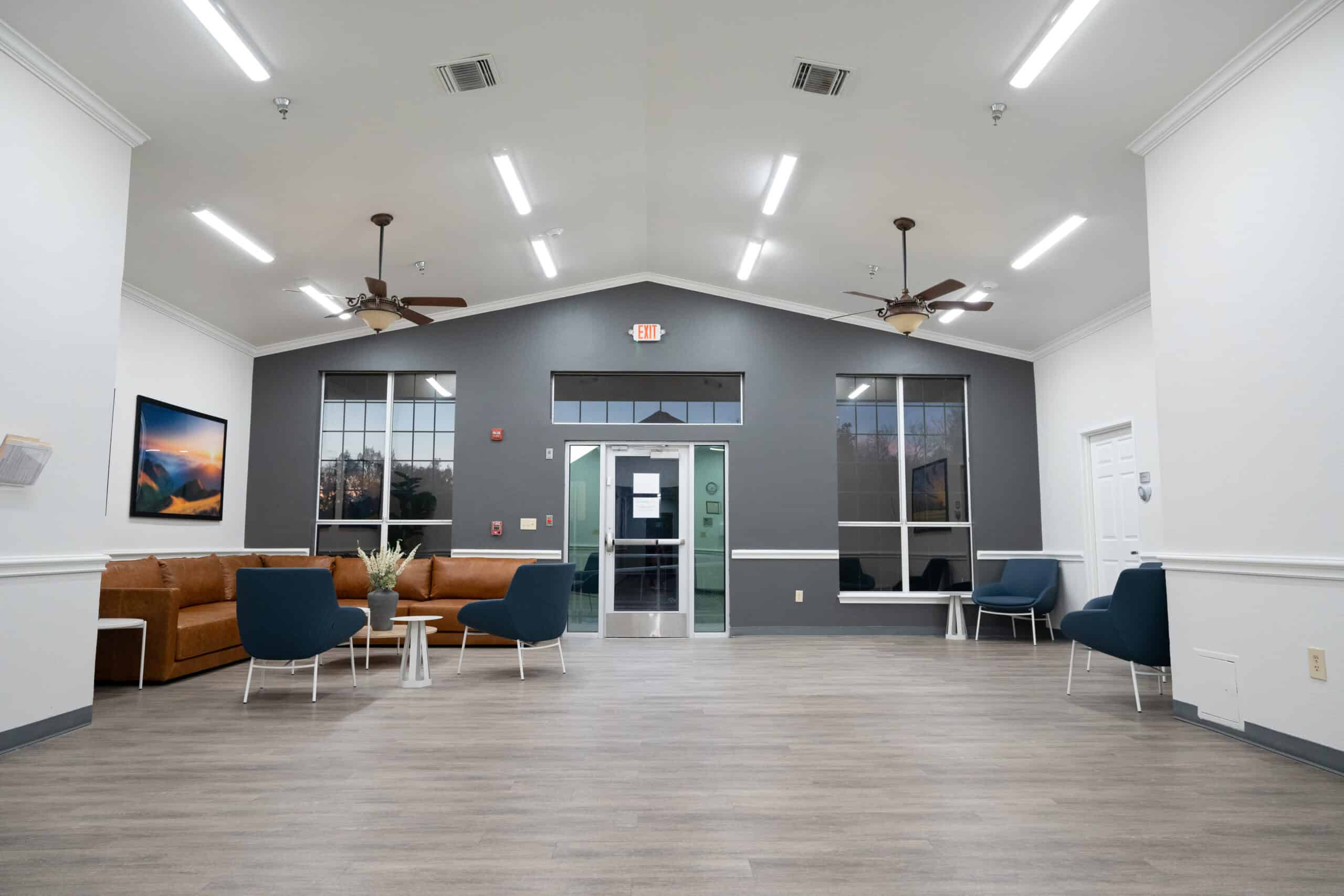
Explore The Dallas Addiction Center
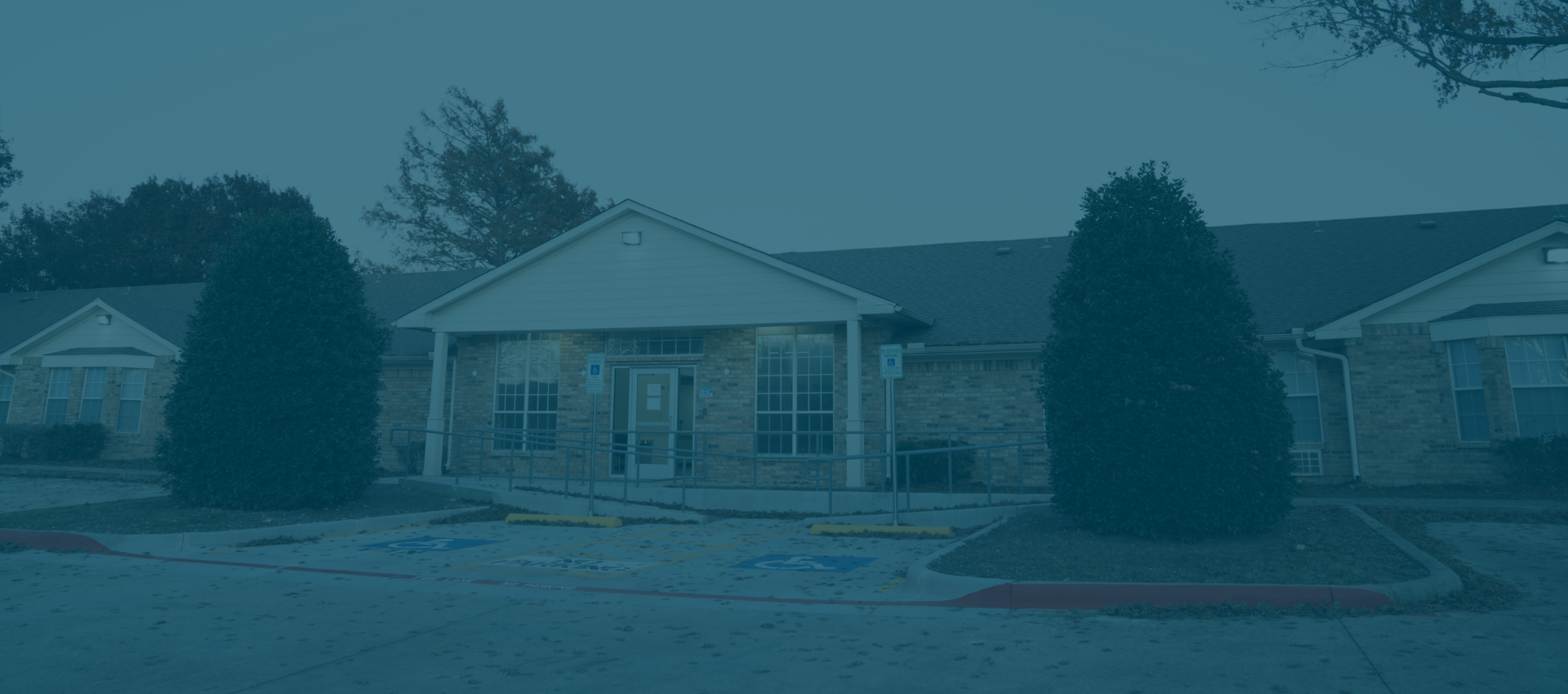
Explore The Dallas Addiction Center
Hear from our alumni
Hear stories of experience, strength, and hope from past Immersion Recovery Center clients.
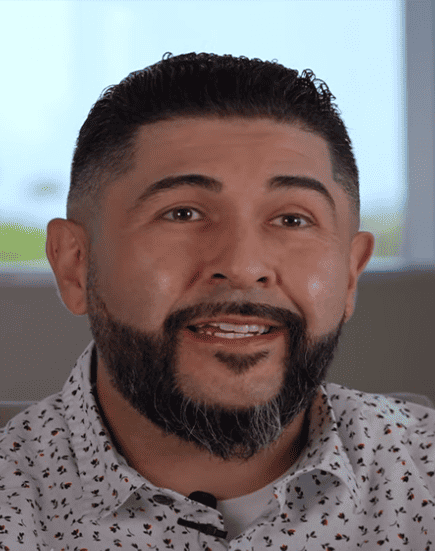
Eric’s Story
Immersion Recovery Center
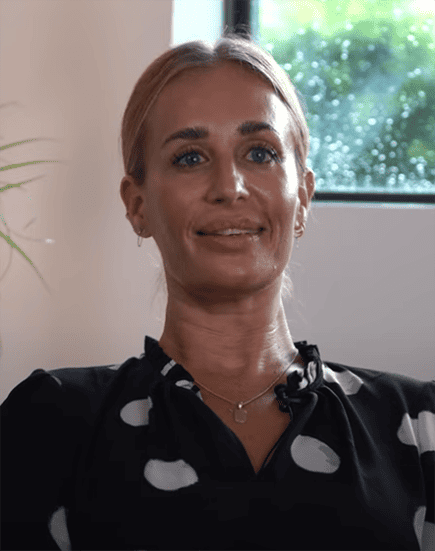
Leah’s Story
Immersion Recovery Center

Brett’s Story
Immersion Recovery Center
Frequently Asked Questions
We offer a comprehensive range of services, including medical detox and short-term residential treatment. Our programs are tailored to meet the unique needs of each individual, focusing on both substance abuse and dual-diagnosis conditions.
Medical detox provides a safe environment for individuals to manage withdrawal symptoms under the supervision of healthcare professionals. This process includes medical monitoring and may involve medication-assisted treatment to reduce withdrawal symptoms and ensure safety.
Yes, we provide treatment for dual-diagnosis clients. Our programs are designed to address co-occurring mental health conditions such as depression, anxiety, and PTSD alongside addiction.
Our therapeutic services include Cognitive Behavioral Therapy (CBT), Dialectical Behavior Therapy (DBT), trauma-informed care, motivational interviewing, and relapse prevention strategies.
Our facility features semi-private bedrooms, offering comfort and privacy during your stay. Each room is designed to be a peaceful retreat to support your recovery journey.
We offer catered, nutritious meals prepared by experienced chefs. Our menu is designed to support overall health and wellness, with options to accommodate various dietary needs and preferences.
Our short-term residential treatment programs can last up to 21 days. The duration of medical detox varies depending on individual needs and the substances involved.
Absolutely. Ongoing support is crucial for maintaining sobriety. We provide aftercare planning and resources, including referrals to outpatient services and support groups, to help our clients continue their recovery journey after they leave our facility.
To begin the admission process, contact us directly via our website or by phone. Our admissions team is available to answer any questions and will guide you through every step of the process to ensure it is as smooth and stress-free as possible.
We work with most major insurance providers. But the best way to verify your benefits is to reach out for a free, confidential, and no-obligation call. Our admissions team will speak with your insurer, obtain a detailed verification of your insurance benefits, and share those details with you.
We accept adults ages 18 or over. However, Guardian Recovery offers adolescent addiction and mental health care at other locations.
Meet our team
Dallas Addiction Center
Our Address
5217 Village Creek Dr.
Plano, TX 75093

